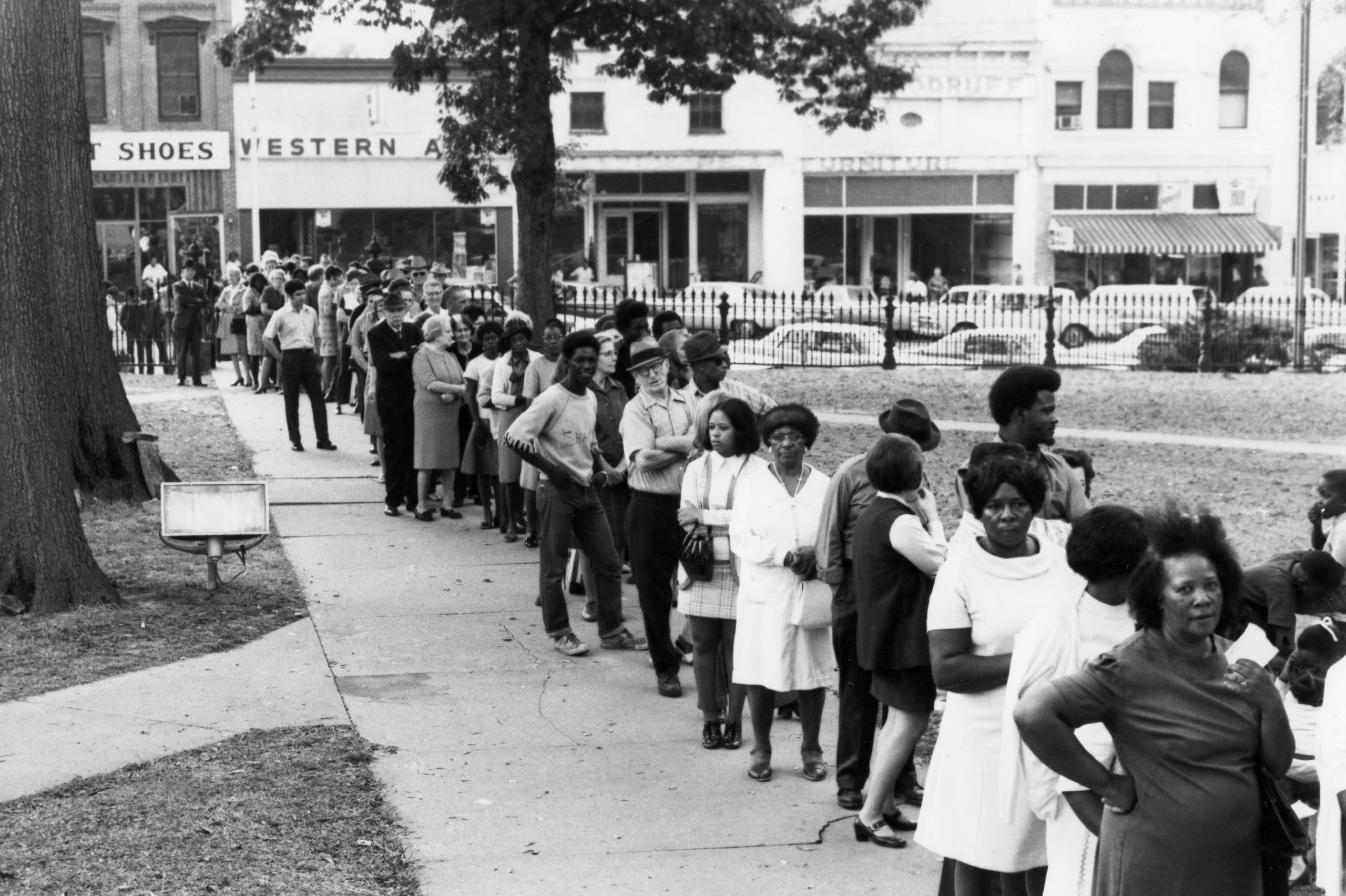Large-scale, organized American philanthropy has long been driven by an awareness of racial and economic inequality. From wealthy individuals’ concern about the US South to organized philanthropic engagement with civil rights and social justice issues throughout the twentieth century, these concerns have shaped programs in education, democratic engagement, public health, and beyond.
Recently Published
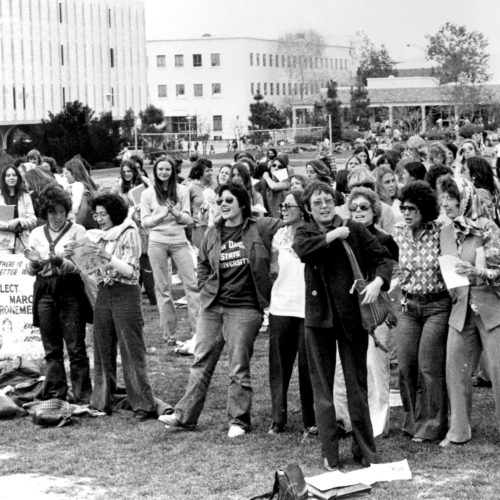
The Fairy Godmothers of Women’s Studies
Moving scholarship by and about women from margin to center.
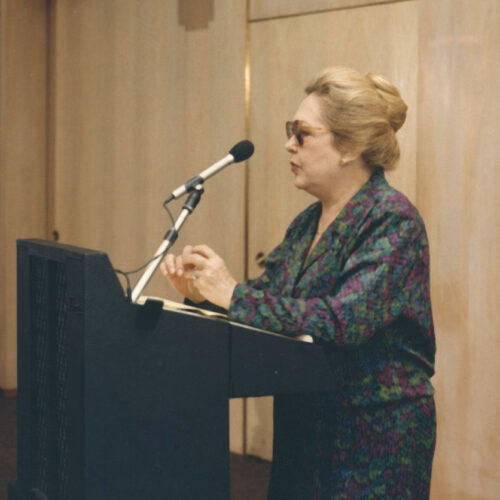
In Brief: “Manels” Before #MeToo
A foundation’s early criticism of the all-male conference panel, before #nomoremanels
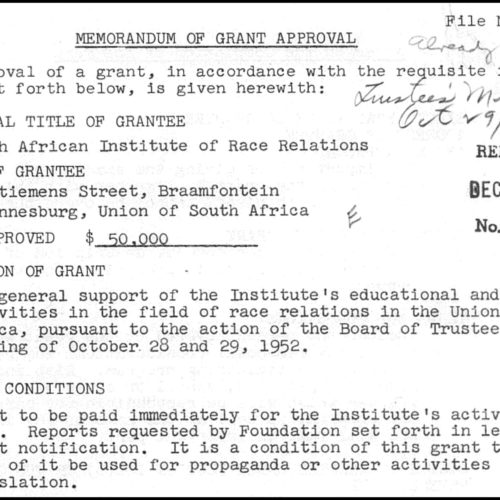
In Brief: The South African Institute of Race Relations
How did a US foundation manage to work under apartheid?
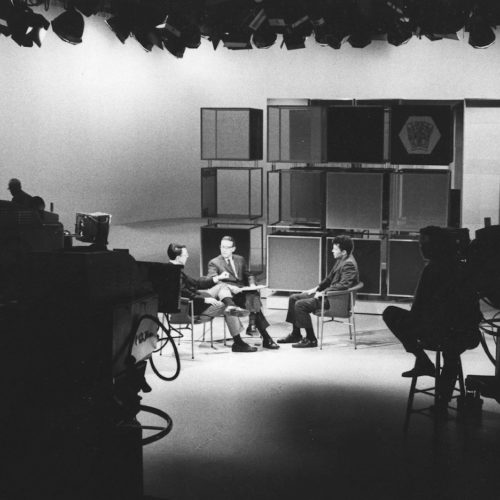
Programming for the People: Diversity in Early Public Television
Philanthropy helped carve out a public space for the expression of race, culture, and critical perspectives.
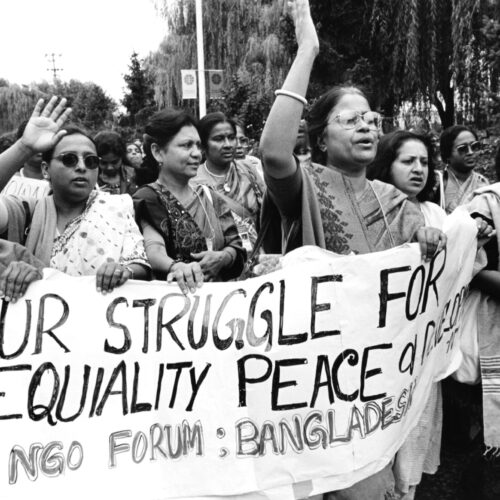
In Brief: The 1995 Beijing Women’s Conference
The global conversation about women’s issues takes a big step forward.
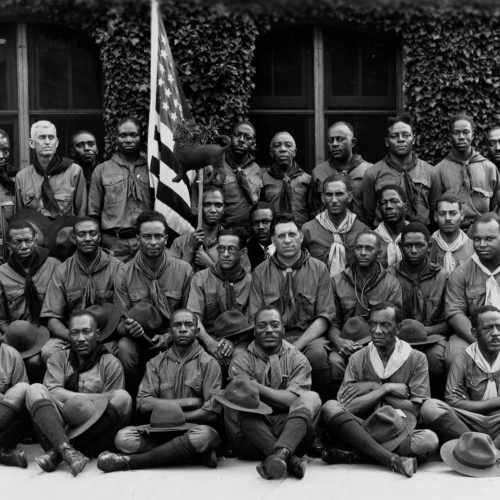
Who Belongs in the Boy Scouts? Philanthropy’s Support for Black Scouting
A foundation struggled to make one of America’s oldest youth organizations more racially inclusive. But it only got so far under Jim Crow.

In Brief: James Baldwin’s Creative Writer’s Fellowship
How a foundation provided the final ingredient to an era-defining novel.
Explore Further
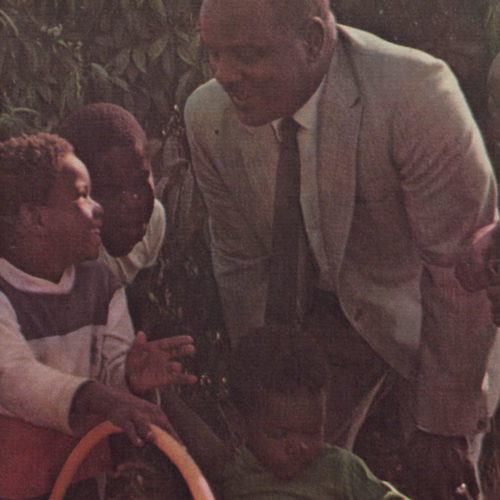
Ted Watkins and the Rockefeller Foundation: An Unlikely Partnership
How a charismatic community activist from Watts challenged a foundation’s civil rights strategy through a jobs training program.
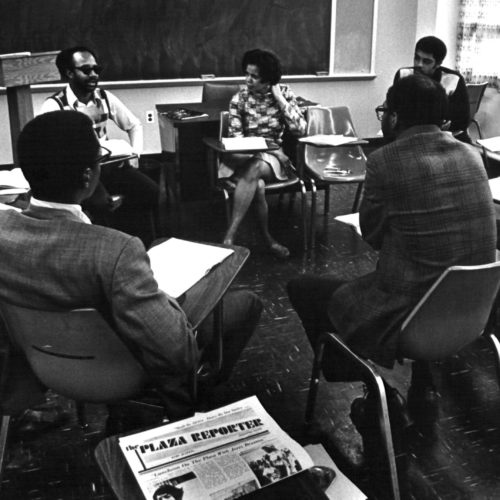
Supporting Economic Justice? The Ford Foundation’s 1968 Experiment in Program Related Investments
How the largest US foundation began supporting market-based projects in the late 1960s.
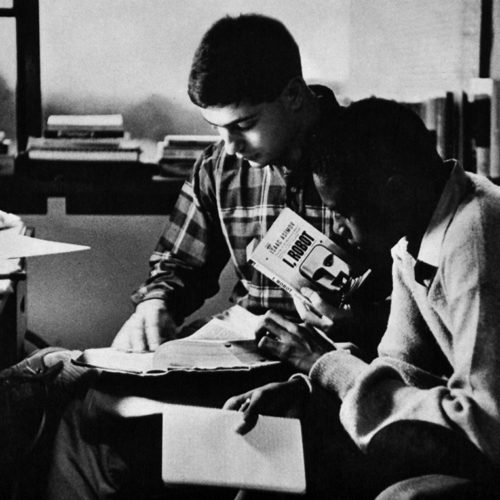
The Rockefeller Foundation Confronts School Inequality
A college prep program increased admissions rates for at-risk students, but it also raised larger questions about systemic inequality.
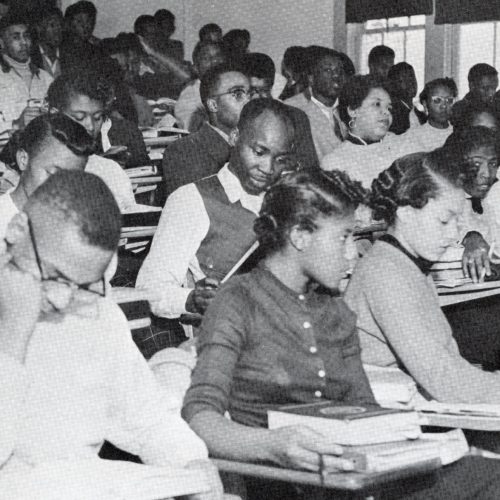
The Origins of the Rockefeller Foundation Equal Opportunity Program
How a simple grant request seeded the launch of a full program addressing inequality.
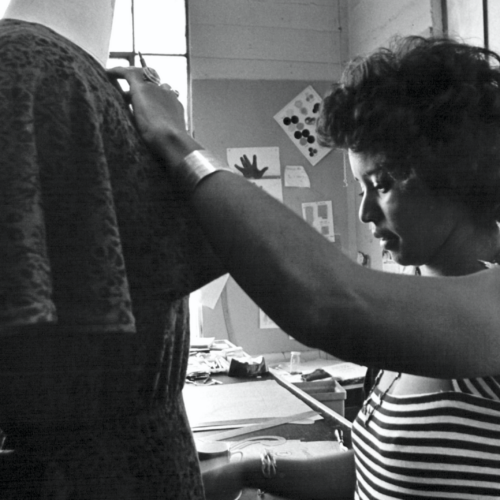
Photo Essay: Supporting Minority Enterprise in the late 1960s
In 1968, the Ford Foundation began to make social investments using a new tool borrowed from the for-profit world, the Program-Related Investment.
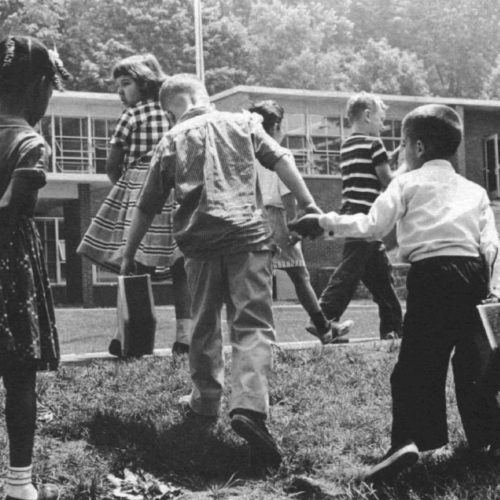
Can Data Drive Social Change? Tackling School Segregation with Numbers
In the years before Brown v. Board, a philanthropic fund hoped research and data would turn the tide on attitudes toward segregation.
